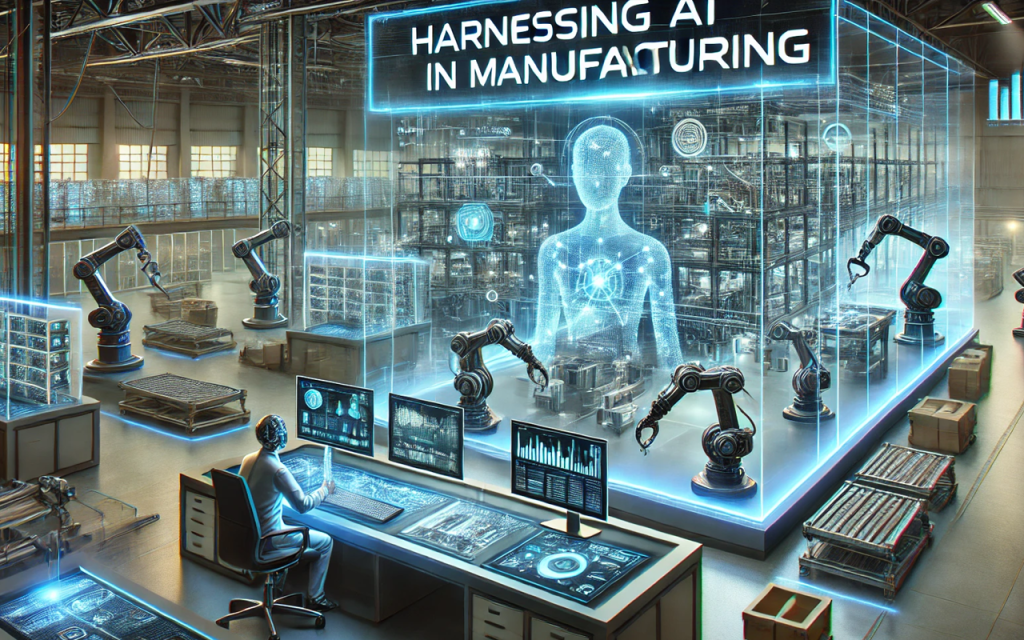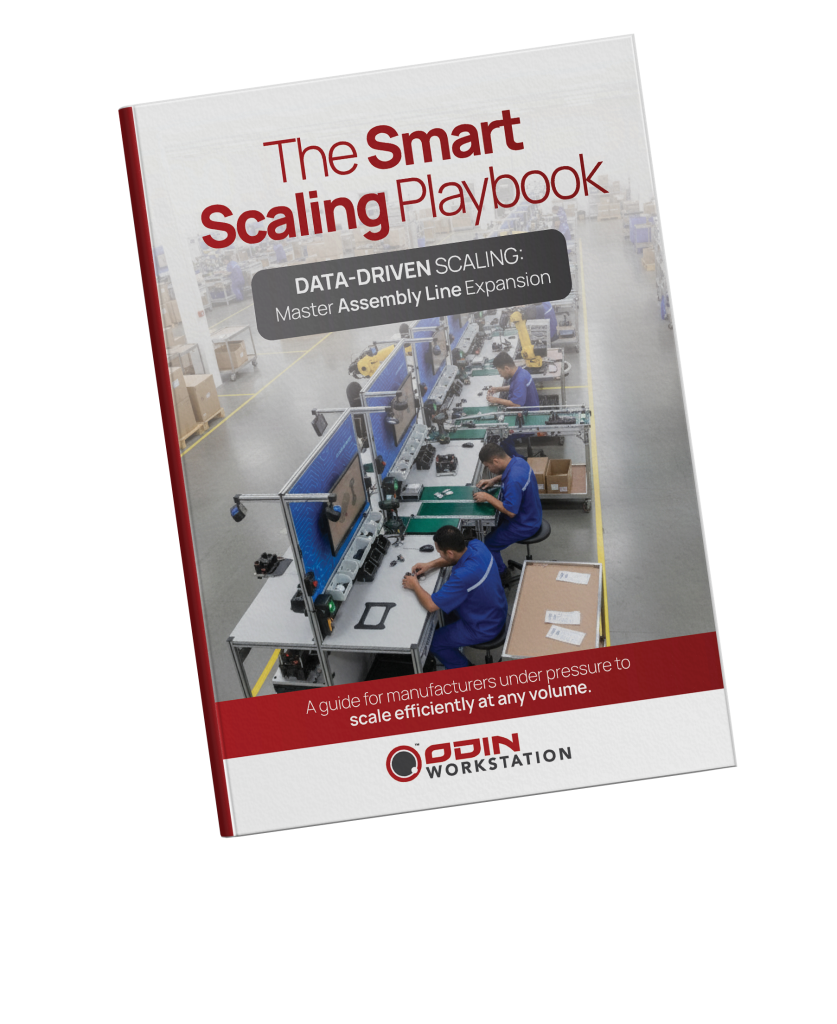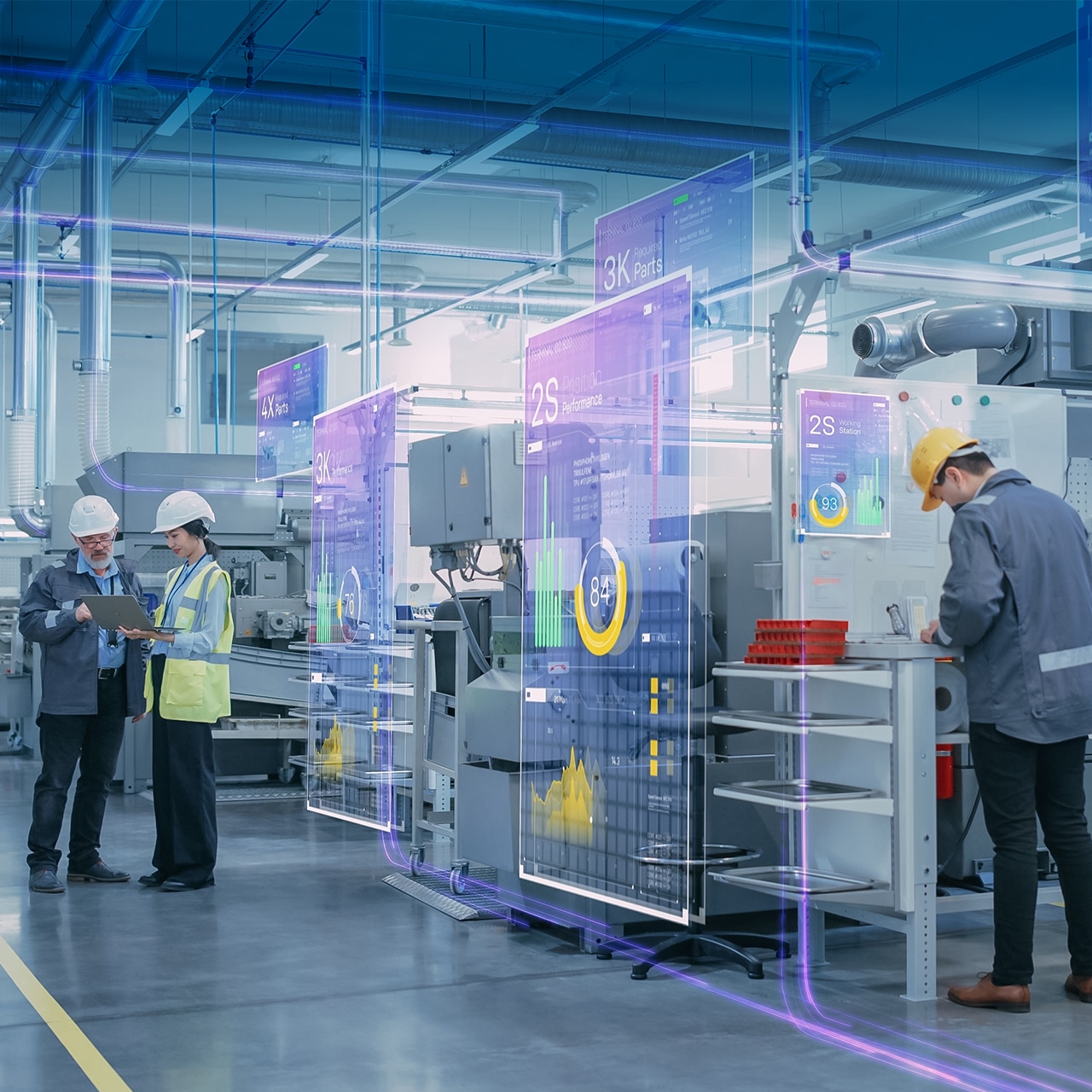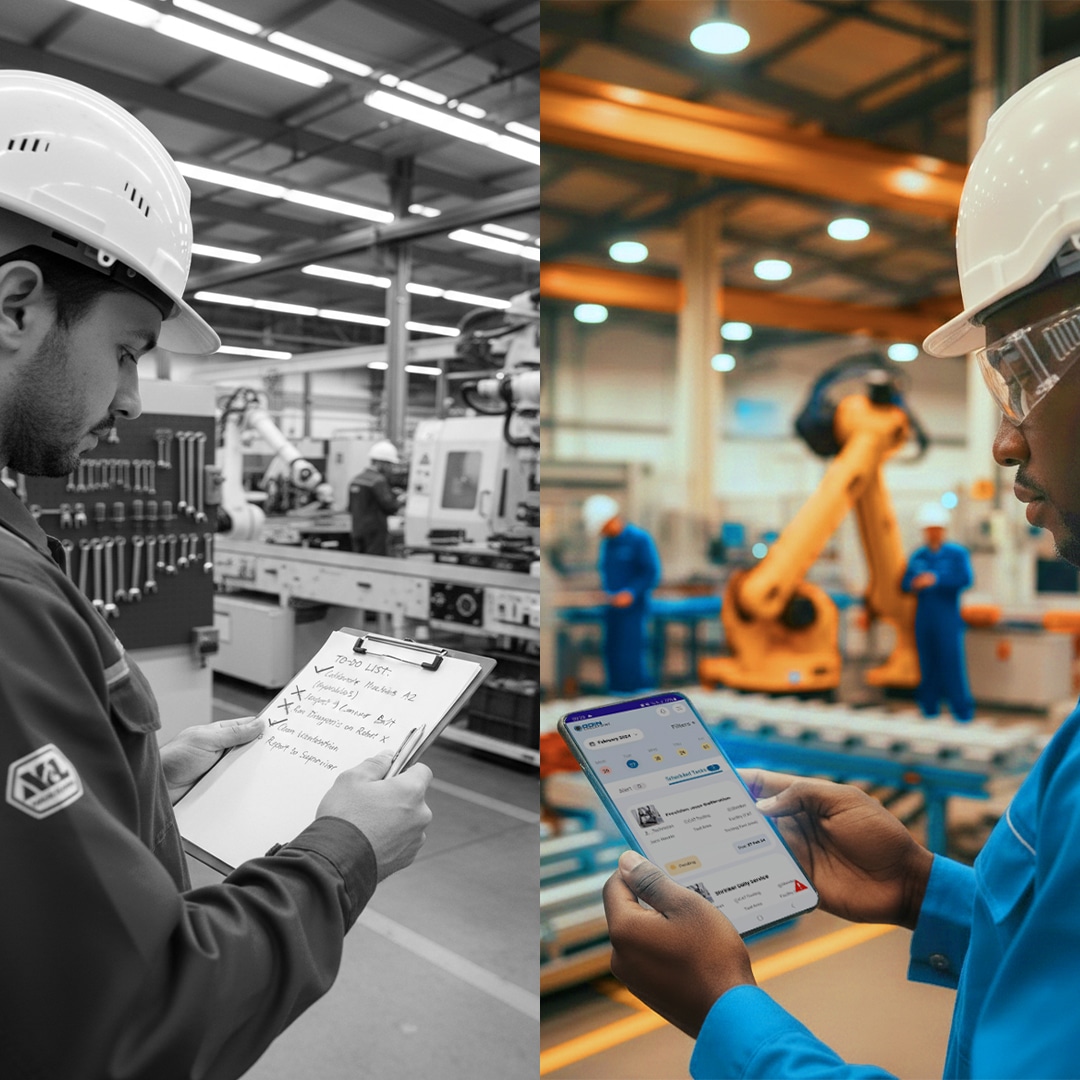In today’s fast-paced industrial landscape, manufacturers are under constant pressure to optimize efficiency, reduce costs, and improve product quality. The integration of Artificial Intelligence (AI) in manufacturing has emerged as a transformative force, offering a competitive edge to companies that embrace it. However, many plant managers still wonder: why should AI matter to me? This article, titled “Harnessing AI in Manufacturing: Why Plant Managers Should Care,” draws on insights from a podcast discussion around 26:15 to answer that question.
AI: the ultimate tool for managing complexity
One of the biggest challenges in manufacturing is managing complex systems with countless variables—from machine settings and material conditions to workforce shifts and environmental factors. While traditional methods rely on human intuition and manual adjustments, AI brings a data-driven approach that enables factories to process, analyze, and predict outcomes with unprecedented accuracy. Academic research demonstrates that machine learning can automate fault detection with over 93% accuracy, significantly reducing manual inspection time (ieomsociety.org).
Key capabilities of AI in manufacturing:
- Pattern Recognition & Predictive Analytics – AI identifies hidden trends in large datasets, supporting more accurate forecasting and planning.
- Real-Time Monitoring – Sensor and IoT data integrated with AI feeds live insights into operations for immediate action.
- Process Optimization – AI dynamically tunes process parameters, reducing defects and energy use.
- Anomaly Detection – ML catches outliers earlier than human operators, preventing costly errors (highpeaksw.com).
For plant managers, AI doesn’t replace decision-making—it enhances it by removing guesswork and ensuring data-backed choices at every level.
How AI helps plant managers overcome challenges
Reducing production costs
Every inefficiency chips away at margins. AI supports cost reduction by optimizing material usage, improving energy consumption, and helping to automate repetitive tasks. A Deloitte study shows predictive maintenance can cut breakdowns by 70% and maintenance costs by 25% (medium.com). Edge and cloud-backed AI systems also balance cost and responsiveness.
Minimizing equipment downtime
Equipment failures disrupt production and inflate costs. AI-powered predictive maintenance analyzes real-time machine performance to preempt failures. Industry data suggests predictive strategies reduce unplanned downtime by up to 50% and maintenance costs by 18–25% (iiot-world.com). Companies like Siemens and Festo report 30–40% maintenance savings, with approximately $16,000 saved per machine (festoblog.com).
Improving product quality & reducing defects
Consistency is key for reputation. AI analyzes defect patterns, uses computer vision for inspection, and enhances traceability. MDPI-published studies show ensemble tree and SHAP-based techniques achieving over 97% normalization in defect detection (mdpi.com).
Retaining institutional knowledge
AI acts as a digital steward of best practices—capturing optimal production settings, troubleshooting know-how, and operator insights. In sectors like brewing, AI replicates master brewers’ skills, maintaining consistency even when experienced personnel leave.
A plant manager’s perspective: why you should care about AI
Many plant managers are wary of AI’s complexity and cost. But AI empowers—rather than replaces—humans:
AI saves money – Predictive analytics, energy optimization, and waste reduction deliver measurable savings (linkedin.com).
AI reduces stress – Real-time insights help managers make faster, more assured decisions.
AI enhances workforce efficiency – Automation frees staff to focus on higher-value work.
AI future-proofs your plant – With major players actively investing in AI and robotics to mitigate the $1.4 trillion annual downtime cost globally, smart plants outpace competitors (businessinsider.com).
Integrating AI aligns with plant managers’ goals to cut costs, boost efficiency, improve quality, and preserve legacy knowledge—all supported by robust evidence and real-world case studies.
Final thoughts: the smart future of manufacturing
AI is no longer a futuristic concept—it is actively transforming factory operations. By enabling data-driven decision-making, preempting failures, and capturing institutional expertise, AI positions manufacturers at the forefront of Industry 4.0. Plant managers asking, “Why should AI matter to me?” only need to look at the cost savings, quality gains, and operational resilience AI delivers.






